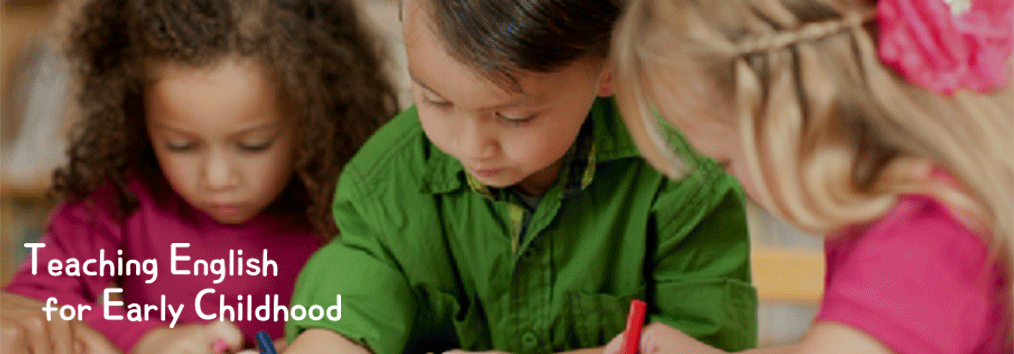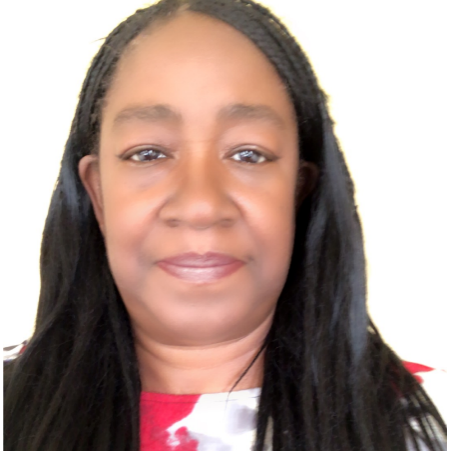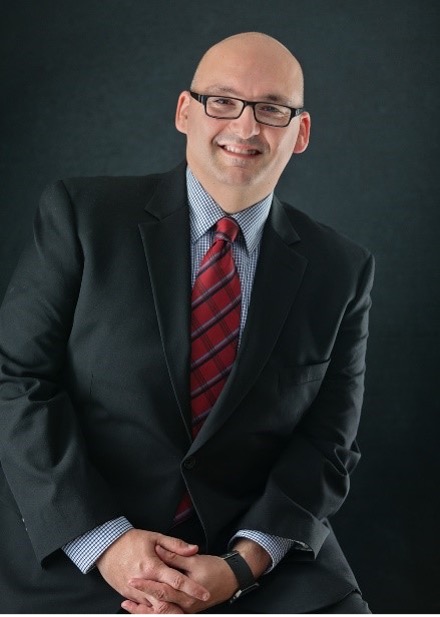Mission
This program is designed to prepare students by studying current research and theories in the area of second language acquisition. The students will learn strategies and techniques to be able to teach the English language to limited English speaking early childhood and elementary age children. Based on current research, teaching listening and speaking skills are emphasized, along with reading and writing.
Overview
This program focuses on current research and issues in early childhood education, especially in language related areas. In this 92-credit program, students learn early childhood education. The strategies and techniques of teaching English to early childhood and elementary school-aged children are also addressed. Graduates will have a variety of opportunities in the field of early childhood education settings as a teacher, specialist, and researcher. Between July 2022-June 2023, the program’s cumulative enrollment was 23 students and total completers was 6. The percentage of students who completed or graduated as of the end of the last academic year is 60%.
Early Childhood Education Prospects
- Employment of preschool teachers is estimated to grow 10% from 2016 to 2026, faster than the average for all occupations. This growth is expected to result from an increase in childcare and preschool enrollment, as well as continued demand for special education services.
- The number of preschool-aged children and elementary school- aged children is expected to increase. Therefore, the demand for teacher assistants who work directly with students will increase. In addition, there will be continued demand for special education
Program Facts
- Program Length: 70 weeks (Maximum Time Frame: 105 weeks)
- Total Credits: 92 credits (Major – 64 credits & General Education – 28 credits)
- Every session lasts 10 weeks, it is required to take 12 credits per session (3 courses)
- In order to graduate smoothly, we recommend you take 2 major courses and 1 general course per session
Major Education Requirements
| Number | Course | Credits |
|---|---|---|
| EDU101 | Introduction of Early Childhood Education | 4 |
| EDU102 | Early Childhood Development | 4 |
| EDU104 | History and Philosophy of Early Childhood | 4 |
| EDU106 | Oral Language Development | 4 |
| EDU109 | Class Management | 4 |
| EDU110 | Child Play | 4 |
| EDU111 | Teaching with Technology | 4 |
| EDU116 | Educational Psychology | 4 |
| EDU119 | Emergent Literacy | 4 |
| EDU206 | Children’s Health Education | 4 |
| EDU207 | Planning and Administration of Infant and Toddler Programs | 4 |
| EDU210 | Planning and Administration of Early Childhood Programs | 4 |
| EDU211 | Introduction to Education of Exceptional Children | 4 |
| EDU212 | Teaching Music, Art, and Movement to Children | 4 |
| EDU215 | Teaching Math and Science to Children | 4 |
| EDU218 | Teaching Language Arts and Social Studies to Children | 4 |
| EDU270 | Field Experience in Early Childhood Education I | 4 |
| EDU271 | Field Experience in Early Childhood Education II | 4 |
| Total Required Credits (Select 16 courses from above) | 64 |
General Education Requirements
| Number | Course | Credits |
|---|---|---|
| BUA101 | Introduction to Business | 4 |
| BPS102 | Business and Professional Speech | 4 |
| ENG101 | English Composition | 4 |
| HIST203 | U.S. History | 4 |
| SPN101 | Introduction to Spanish I | 4 |
| SPN102 | Introduction to Spanish II | 4 |
| BIO102 | Introduction to Biology | 4 |
| IT101 | Introduction to Computer Science | 4 |
| MAT101 | Algebra | 4 |
| MAT201 | Pre-Calculus | 4 |
| CRT101 | Critical Thinking | 4 |
| PSY101 | Introduction to Psychology | 4 |
| SOC101 | Introduction to Sociology | 4 |
| SOC201 | Society and Human Behavior | 4 |
| Total Required Credits (7 courses from above) Select from at least one of each discipline |
28 |
Instructors
|
|||||||||





